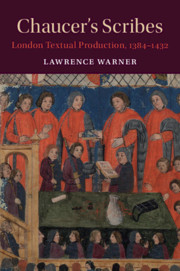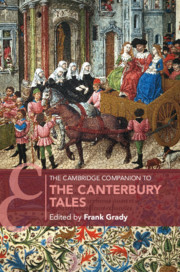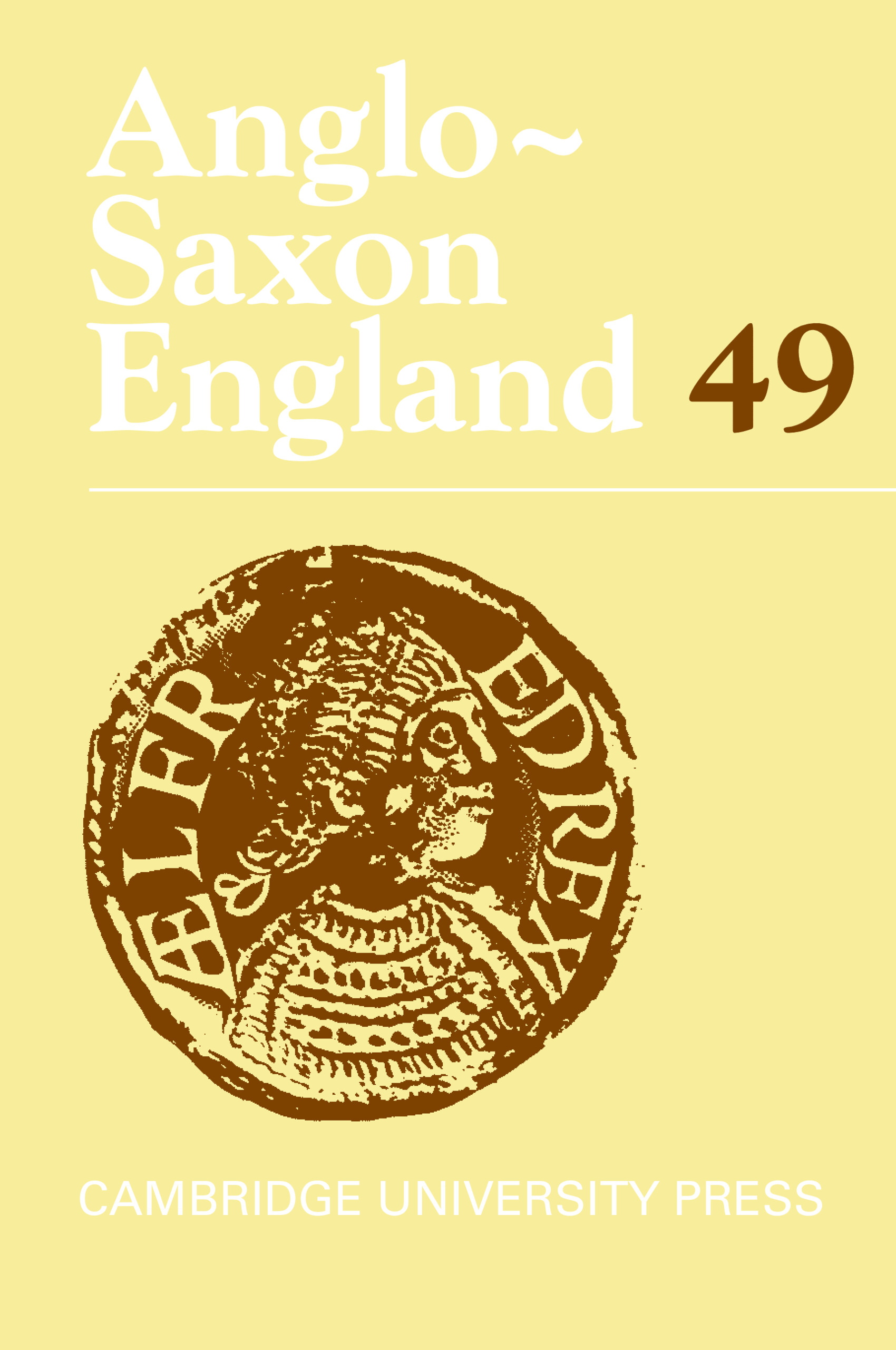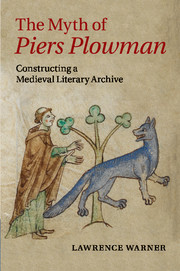Chaucer's Scribes
The 2004 announcement that Chaucer's scribe had been discovered resulted in a paradigm shift in medieval studies. Adam Pynkhurst dominated the classroom, became a fictional character, and led to suggestions that this identification should prompt the abandonment of our understanding of the development of London English and acceptance that the clerks of the Guildhall were promoting vernacular literature as part of a concerted political program. In this meticulously researched study, Lawrence Warner challenges the narratives and conclusions of recent scholarship. In place of the accepted story, Warner provides a fresh, more nuanced one in which many more scribes, anonymous ones, worked in conditions we are only beginning to understand. Bringing to light new information, not least, hundreds of documents in the hand of one of the most important fifteenth-century scribes of Chaucer and Langland, this book represents an important intervention in the field of Middle English studies.
- Delivers a challenge to widely accepted narratives on the identity of Chaucer's scribe
- Meticulous research provides new knowledge that illuminates the lives of scribes working in London in the late fourteenth and early fifteenth centuries
- Questions the earlier methodological approaches that have led to widely accepted orthodoxies to the subject of textual production in London at the formation of the canon
Reviews & endorsements
'… Lawrence Warner's book may prove to be nearly as explosive as the scribal identification that serves as its point of origin … But regardless of what one considers to be the identity of Chaucer's scribe (or scribes), this is a book that few scholars of later medieval English literature will be able to ignore.' Mary C. Flannery, The Times Literary Supplement
'Warner’s book provides an exciting new foundation and also a new benchmark for the debates about scribes, scribal identities, and critical methodologies that will undoubtedly continue.' Matthew Fisher, The Review of English Studies
'This is an important book, essential reading for anyone with an interest in the manuscripts of Middle English literature.' Neil Cartlidge, Medium Ævum
'In this trenchant, engaging, and delightfully written book … Warner has produced a wonderful detective story, and the scholarship is rich, detailed, and exhaustive.’ Michael Calabrese, Modern Philology
'Warner’s detail oriented and carefully developed analysis of the evidence for scribal culture in medieval London is a healthy challenge to our field and an encouragement to all of us who do not consider ourselves 'paleographers' to get down and dirty with manuscripts - digitized or not - and draw our own conclusions about the evidence we find.' Noelle Phillips, Studies in the Age of Chaucer
Product details
August 2021Paperback
9781108444996
244 pages
228 × 152 × 14 mm
0.352kg
17 b/w illus. 3 tables
Available
Table of Contents
- 1. Adam
- 2. The Pynkhurst canon
- 3. Pynkhurst's London English and the dilemma of copy-text
- 4. Looking for the scribe of Huntington Hm 114
- 5. The Guildhall clerks
- 6. Hoccleve's Hengwrt, Hoccleve's Holographs.





